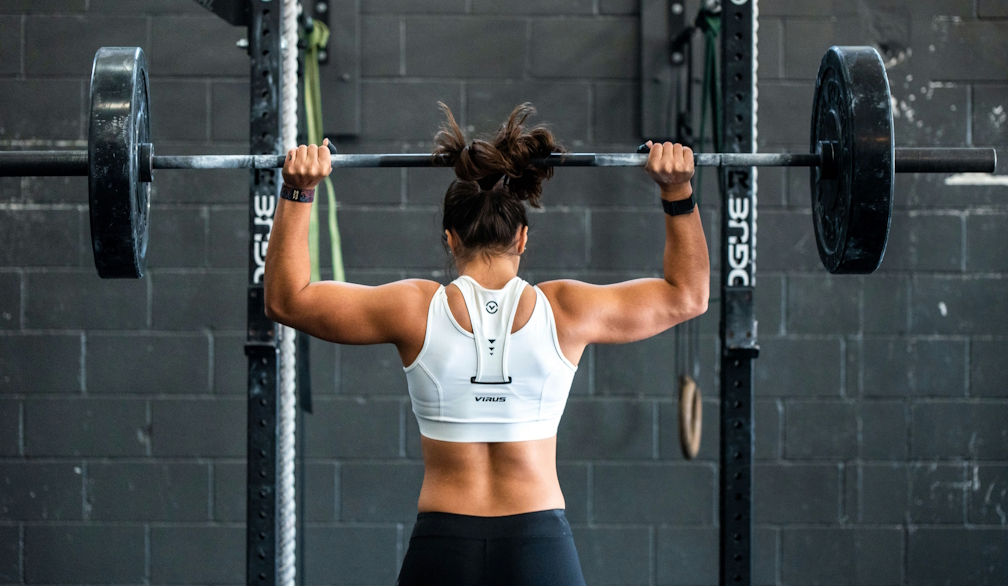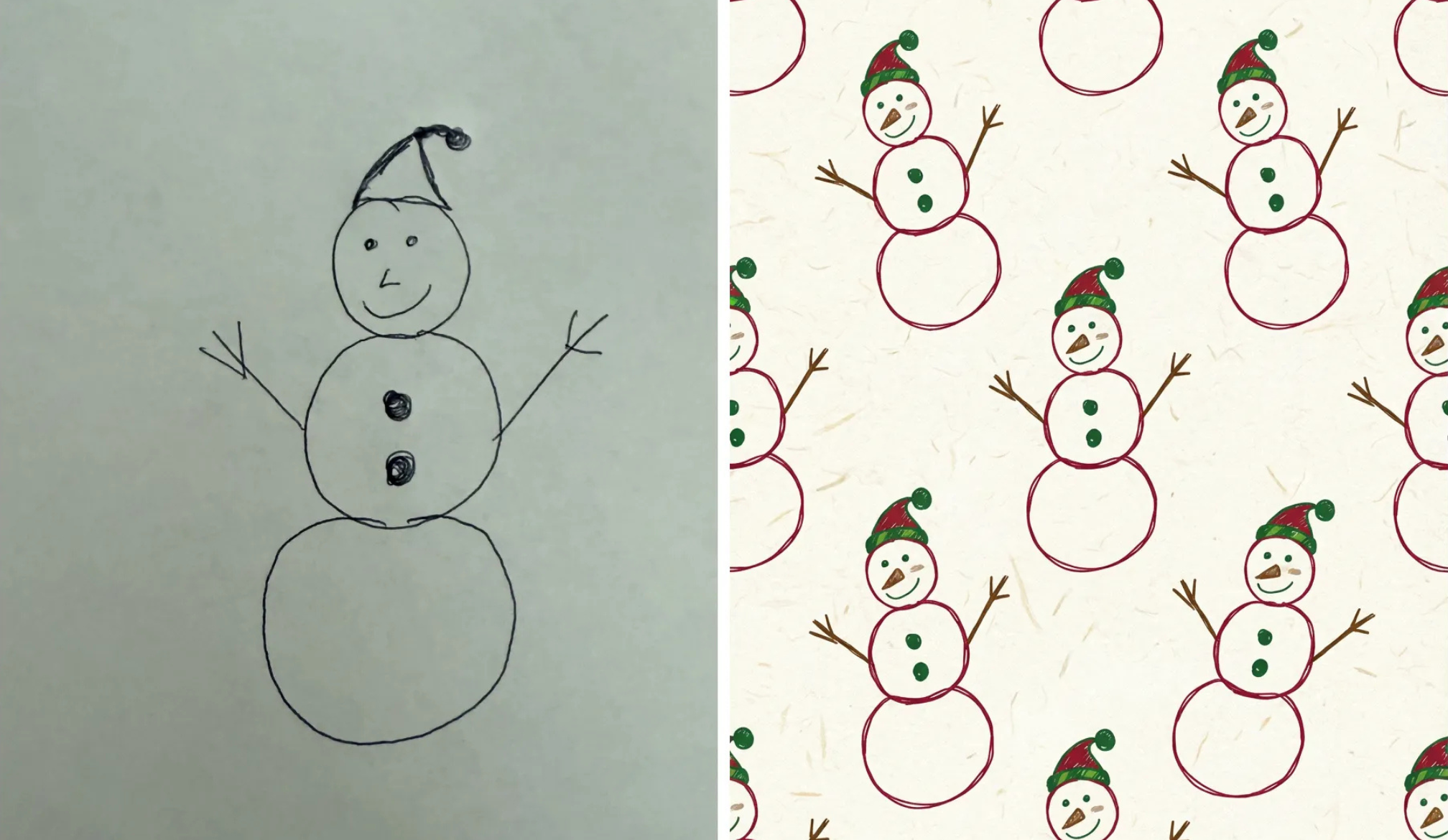The Affordable Protein Solution
- Written by The Times

With the cost-of-living crisis hitting Australians hard, many are making New Year’s resolutions to get fitter and healthier without breaking the bank. Amid rising food costs, one simple and affordable solution is gaining attention: milk powder. Backed by science, it offers a powerful combination of high-quality protein, calcium, and other essential nutrients to support muscle building, recovery, and overall performance – all at a fraction of the cost of commercial protein powders.
Nutrition experts are shining a light on this pantry staple, revealing its role in supporting muscle growth, recovery, and overall performance, making it the perfect solution for those determined to smash their 2025 fitness goals.
Joel Feren, Accredited Practising Dietitian and Nutrition Consultant, explains: “Milk powder is a cost-effective and scientifically validated option for any fitness enthusiast. It provides protein, essential vitamins, and minerals critical for muscle recovery, bone strength, and overall wellbeing. Unlike commercial protein powders, milk powder is a whole-food option supported by research and nutritional science.”
The Science Behind Milk Powder’s Fitness Benefits:
Protein Powerhouse:
Milk powder is rich in high-quality whey and casein proteins, providing all nine essential amino acids necessary for muscle synthesis and repair. A study published in the American Journal of Clinical Nutritionfound that dairy proteins, particularly casein and whey, promote muscle protein synthesis post-exercise, supporting strength gains and recovery[i].
Budget-Friendly:
Milk powder offers an affordable alternative to commercial protein powders without compromising quality. A review in the Nutrientsjournal highlighted the cost-efficiency of whole-dairy proteins compared to processed supplements, especially during periods of financial constraint[ii].
Nutritional Edge:
Unlike isolated protein supplements, milk powder contains additional nutrients vital for any fitness enthusiast, including calcium, Vitamin D, and electrolytes. Calcium is essential for bone density and strength, as confirmed by research in Osteoporosis International. Vitamin D further enhances bone health and immune function, crucial for recovery[iii].
Slow and Fast Digestion for Optimal Results:
Milk powder contains both fast-digesting whey protein, which stimulates muscle growth immediately after exercise, and slow-digesting casein protein, which sustains amino acid delivery over time. This dual-protein benefit has been confirmed in studies, including one in the Journal of Sports Science and Medicine, showing enhanced muscle recovery and growth[iv].
Digestively Friendly Options:
For those sensitive to standard milk products, A1 protein free milk powders are available. Studies, such as those published in the European Journal of Clinical Nutrition, demonstrate the digestive benefits of A2 protein milk for individuals with dairy discomfort[v].
Feren adds: “The science is clear: milk powder offers the protein and nutrients to help you perform at your best. It’s an easy, affordable option that anyone can incorporate into their diet, whether it’s mixed into shakes, smoothies, or used in cooking. Importantly, milk powder provides real food nutrition to help build muscle and aid recovery.”
In a fitness world flooded with expensive supplements, milk powder stands out as a scientifically proven, accessible solution for muscle building, recovery, and overall health. Its dual-protein advantage, calcium boost, and affordability make it the perfect fuel for those looking to start 2025 strong.

[i] American Journal of Clinical Nutrition. Effects of Dairy Protein on Muscle Protein Synthesis. https://ajcn.nutrition.org
[ii] Nutrients. Cost-Efficiency of Whole-Dairy Proteins in Fitness Diets. https://www.mdpi.com/journal/nutrients
[iii] Osteoporosis International. Calcium and Bone Health. https://link.springer.com/journal/198
[iv] Journal of Sports Science and Medicine. The Benefits of Slow and Fast-Digesting Proteins for Recovery. https://www.jssm.org
[v] European Journal of Clinical Nutrition. A2 Protein Milk and Digestive Benefits. https://www.nature.com/ejcn






















